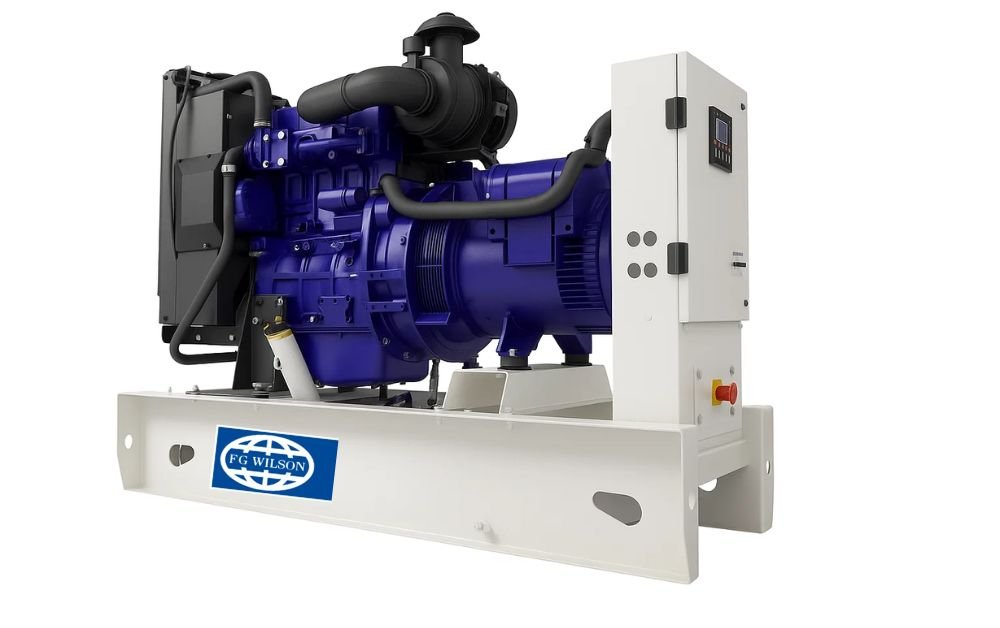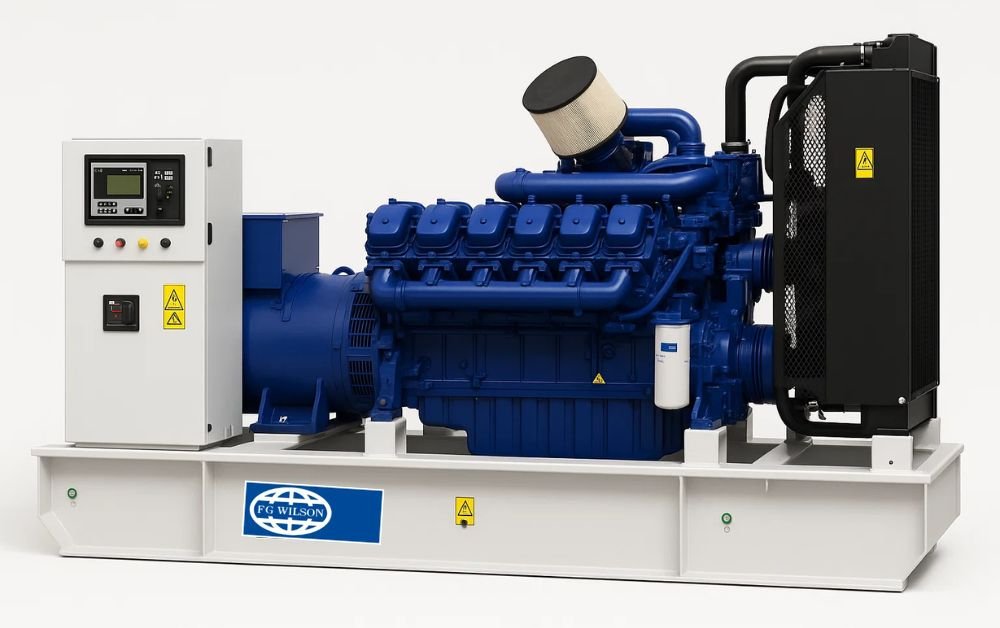Introduction: Powering Lives in Critical Moments
In the healthcare sector, every second counts. Reliable electricity isn’t just a convenience—it’s a lifeline. In Uganda, where power outages remain a challenge in many regions, hospitals and health centers cannot afford to operate without dependable backup energy sources. Diesel generators have become indispensable in bridging the gap during electricity disruptions. For this reason, having access to a dependable diesel generator supplier in Uganda is vital to keeping healthcare services operational and lives safe.
Uganda’s Power Landscape and Its Impact on Healthcare
Although Uganda has made notable strides in expanding access to electricity over the past decade, many rural and semi-urban areas still experience intermittent or no connection to the national grid. Load shedding and sudden blackouts are common, especially in remote locations where many health centers and clinics are located. This makes it difficult to maintain 24/7 operations, particularly in facilities that rely heavily on electrical equipment for patient care.
Essential medical tools like ventilators, diagnostic machines, oxygen concentrators, vaccine refrigerators, and surgical lighting systems all depend on a constant power supply. Without it, healthcare workers are left with limited options in critical moments. For this reason, diesel generators are not just machines—they are life-saving devices in these contexts.
Why Diesel Generators Are Essential for Hospitals and Clinics
Unlike other backup power sources, diesel generators are valued for their reliability, durability, and ease of use. Here’s why they’re the preferred choice in Uganda’s healthcare sector:
- Immediate Power During Outages: Diesel generators can start automatically during a power cut, ensuring that essential hospital operations are uninterrupted.
- Fuel Efficiency: Diesel is more energy-dense than petrol, meaning generators require less fuel to operate for extended periods—an important factor in cost management for hospitals.
- Long Lifespan: When properly maintained, diesel generators can last for many years, providing a dependable backup solution for healthcare institutions.
- High Load Capacity: Diesel generators can handle heavy electrical loads, making them ideal for running several pieces of equipment simultaneously in hospitals.
In many regional and district hospitals, the generator room is just as important as the operating theater, serving as the foundation for uninterrupted services.
Applications of Diesel Generators in Healthcare
In Uganda’s healthcare industry, diesel generators serve a wide range of purposes. Below are key areas where these machines make a significant impact:
- Emergency Rooms: Powering lifesaving machines during surgery or trauma care
- ICUs and NICUs: Keeping vital monitoring and support systems running
- Laboratories: Ensuring uninterrupted diagnostic testing
- Pharmacies and Vaccine Storage: Powering refrigeration systems crucial for medicine preservation
- Maternity Wards: Enabling safe childbirth through lighting and equipment support
When national grid power fails, diesel generators step in to ensure patients still receive the care they need.
Importance of a Reliable Diesel Generator Supplier in Uganda
With such high dependence on these machines, hospitals need a diesel generator supplier in Uganda they can trust. It’s not just about purchasing equipment—healthcare providers also require:
- Quality Assurance: Generators that meet international health and safety standards
- Proper Installation: Ensuring correct and safe setup to avoid operational issues
- Maintenance Support: Regular servicing to extend equipment lifespan and prevent sudden failures
- Availability of Spare Parts: Quick access to parts to minimize downtime during repairs
A professional diesel generator supplier in Uganda understands the urgency of medical environments and offers tailored solutions that match the scale and demands of healthcare facilities.
Challenges in Diesel Generator Deployment for Healthcare
While diesel generators are highly beneficial, they do come with their own set of challenges:
- Initial Cost: High upfront investment may be difficult for underfunded rural clinics
- Fuel Storage and Security: Proper storage is required to avoid theft and ensure safety
- Noise and Emissions: Though many modern generators have low-noise and eco-friendly options, older models may affect hospital environments
- Skilled Personnel: Facilities need trained staff to manage generator operation and basic troubleshooting
Addressing these issues requires collaboration between health institutions, suppliers, and support agencies to ensure reliable and efficient power solutions.
Looking Toward Sustainable Integration
The future may bring more hybrid energy systems combining diesel generators with solar or battery storage, especially in Uganda’s rural health posts. However, diesel generators will continue to play a foundational role for years to come, especially for larger hospitals requiring high and consistent energy output.
Until renewable energy systems are fully integrated and stabilized, the healthcare sector will rely on diesel technology for primary and backup power in emergencies.
Conclusion: Why Blackwood Hodge is the Trusted Name in Healthcare Power Solutions
In this high-stakes environment where power reliability directly affects human lives, Blackwood Hodge emerges as a premier diesel generator supplier in Uganda. Known for providing durable, high-performance generators along with expert consultation, installation, and maintenance services, Blackwood Hodge stands out as a critical partner to Uganda’s healthcare institutions. Their commitment to quality, speed, and customer-focused support has made them a reliable ally in the nation’s effort to ensure safe, effective, and uninterrupted medical care.


